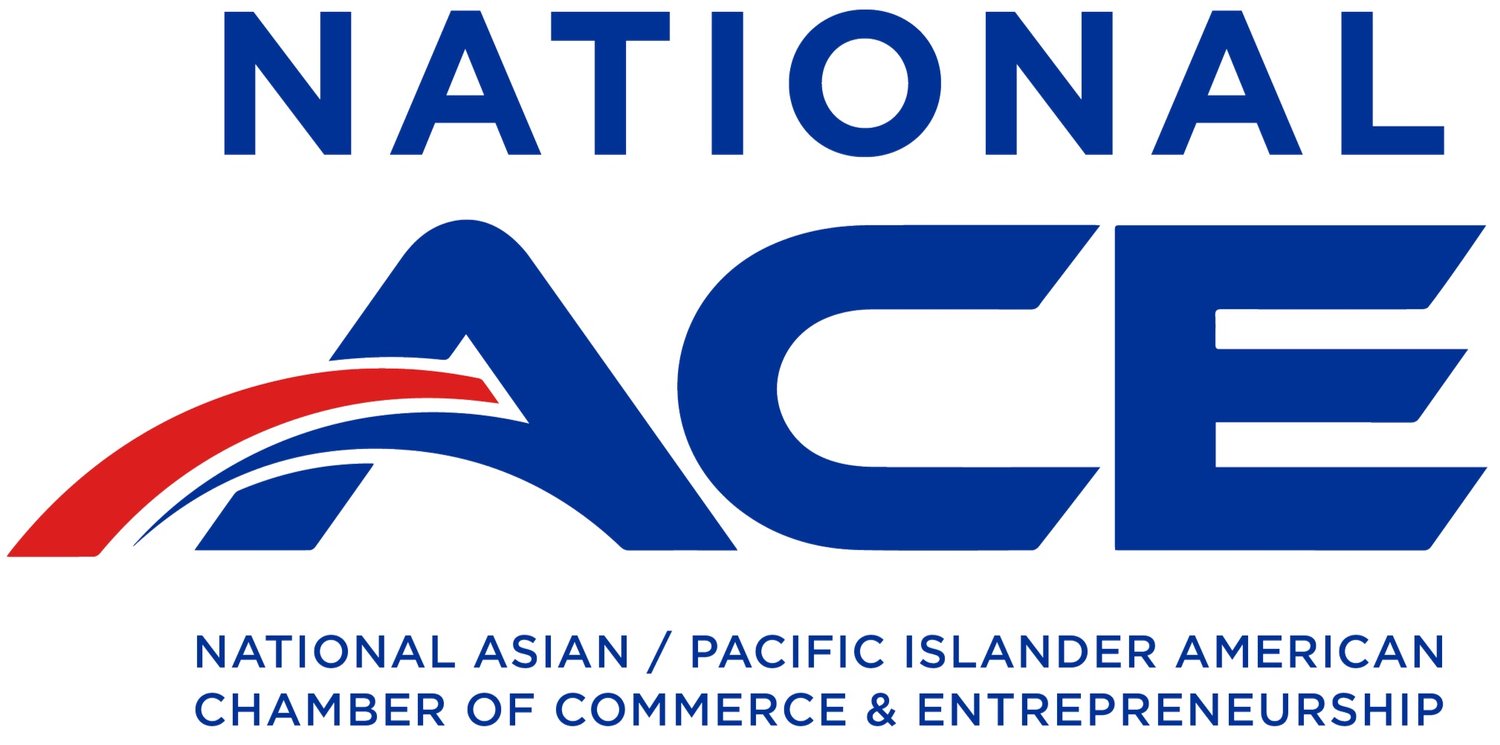Broadband Accessibility Will Help Save Our Small Businesses
March 29, 2021
Three months into 2021, the Asian American and Pacific Islander (AAPI) community continues to grapple with the effects of two crises: the coronavirus and racism. Experts estimate that hate-fueled attacks and other acts of violence against Asians has increased by nearly 150 percent over the previous year. In response, we have actively been involved in the growing national movement to condemn anti-AAPI xenophobia, bias, and hatred. These acts are not only reprehensible, but they also contribute to the economic pressures that have disproportionately impacted AAPI-owned business during the pandemic.
We know that businesses owned by AAPI individuals are overrepresented in sectors that have been most affected by COVID-19. According to the U.S. census, there are over 2 million AAPI-owned businesses woven into communities across the nation, and approximately 42 percent of these businesses are in the "Accommodation and Food Services" and "Retail" industries – two of the hardest hit sectors. As recently as September, the unemployment rate among Asian Americans approximated 11 percent after several months of increasing at a rate faster than White Americans.
So, where do we go from here? To fight the rising tide of racism and economic distress we must think about how to make progress on issues of economic access and equity. Now more than ever, we need policymakers and business leaders to “walk and chew gum at the same time.” They can do this by taking concrete steps to meet the immediate need for economic relief and support the long-term health and vitality AAPI-owned businesses across the country. Legislation may not be able to disabuse people of racist thoughts or behaviors, but it can empower all marginalized communities with new skills and resources to be more resilient in the face of unwarranted animosity and economic hardship.
One such policy proposal holds immense promise to make this goal a reality: expanded broadband access and internet affordability. Internet access is virtually a prerequisite for participating in today’s economy, yet – even before the pandemic – millions of rural and low-income Americans struggled to get by without it. The Biden Administration is slated to propose a $400 billion procurement investment in infrastructure, and it is imperative the use a portion of these funds for broadband subsidies in our unreached communities. Internet access creates jobs, fuels education and civic engagement, and importantly, is essential to economic growth. Consider those 2 million AAPI-owned small businesses who contribute over $700 billion to our nation’s annual GDP and employ around 3.5 million people. Any investment to help AAPI businesses rebound from the pandemic will have second-order economic and social benefits, and not least among them is the preservation of important social safety nets and community networks.
We simply cannot afford to allow our businesses and workforce to fall behind. To that end, some experts have called for policymakers to support digital skills and technical apprenticeship programs in conjunction with efforts to make it easier for businesses to use internet tools to find and retain new talent. Ensuring that AAPI individuals and businesses have access to affordable and reliable internet service will help preserve the economic health of essential sectors and help lay the foundations for an innovative digital economy for new products and services.
Where it’s accessible, internet access has already provided a crucial lifeline to brick-and-mortar AAPI-owned businesses that needed to embrace e-commerce to stay afloat amid waves of pandemic-induced lock-downs, closures, and restrictions. By embracing policies that help to advance universal broadband access, policymakers can help place small and medium-sized businesses back on solid economic footing and accelerate a swift post-COVID economic recovery.
Internet access and opportunity are intertwined, but existing gaps in access stand in the way of achieving digital equity and inclusion for too many communities. Even as the overall cost of broadband service has declined for consumers since 2015, affordability is still a barrier for many Americans. It is no wonder that proposals to adopt a long-term, federally-funded broadband benefit program have garnered widespread, bipartisan popularity. This program would lower the financial barrier for obtaining internet access for those who need it most by distributing monthly subsidies—at a higher amount than the $9.25 currently available under the Federal Communications Commission’s Lifeline program—directly to those who qualify. This is similar to how benefits in other low-income support programs are issued today, so our leaders know what it takes to get this done.
The pandemic has been an especially challenging period for many in the AAPI community. Today, by supporting universal broadband access, policymakers have a unique opportunity to help the community write a new chapter that isn’t marked by hate and hardship, but instead defined by digital inclusion and economic success.
